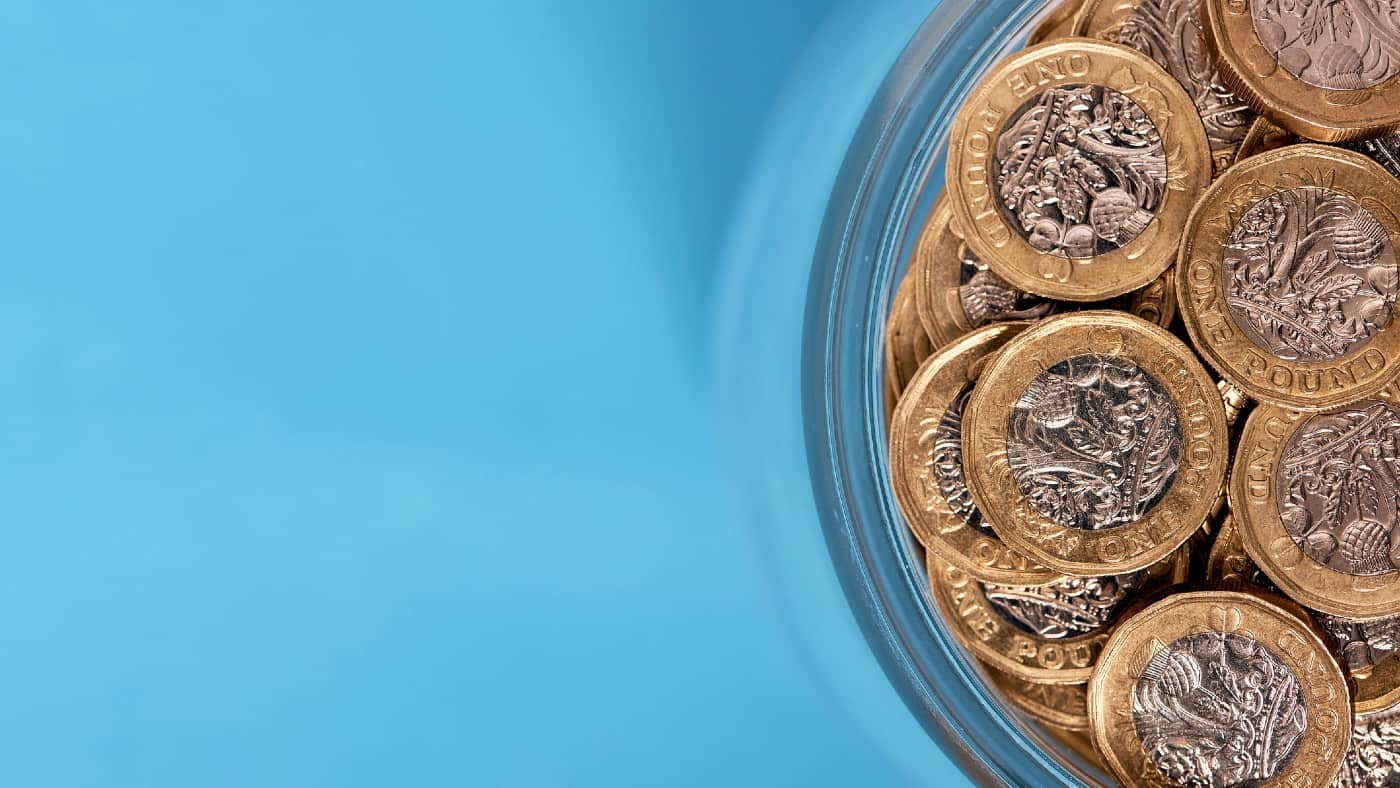The last few years have been incredibly volatile for FTSE 100 shares. Several factors led to steep levels of inflation, such as the financial support provided during the pandemic, spiking commodity prices, and widespread uncertainty.
In an attempt to reduce inflation to sustainable levels, many central banks were forced to hike interest rates more aggressively than ever before.
There is no doubt that external factors have impacted individual companies more frequently in recent years. Finding companies that have maximum control over pricing are far more likely to outperform during such periods. This is known as having ‘pricing power’.
I have identified three companies that all have this ability, which I would buy with a spare £1k.
Diageo
Effectively managed companies with consistently high demand for a diverse range of products will always be in a strong position. Having large profit margins that allow prices to come down when times are tough for consumers is even better.
With a five-year operating margin of 31%, alcoholic beverage company Diageo can readily adjust prices in line with the spending habits of customers. This flexibility, alongside having a huge logistical advantage due to its scale, meant that even during the inflation and foreign exchange volatility seen in 2022, the company kept on growing margins.
Burberry
A company that focuses on those at the higher end of the income scale sees major strength from pricing power. By focusing on these high-income consumers, companies can adjust prices with minimal disruption to demand.
A 10% increase in some clothing companies may lead to consumers shopping at cheaper venues. However, if the price of a premium piece of Burberry (clothing increases, a consumer with brand loyalty may willingly take on this increase. This is indicated by 2022 revenue growth of 11% when compared to the same period in 2021.
Unilever
A company that develops products needed by consumers regardless of price is also in a strong position during economic uncertainty. When the price of materials or supply chains rise, the increased cost can be quickly passed onto the customer without severely impacting demand.
Consumer goods company Unilever (LSE: ULVR) clearly falls into this category. CEO Alan Jope stated: “the consumer response in terms of volume softness has been very muted, the consumer has been very resilient.”
Unilever develops a range of essential products under the following groups:
- Beauty & Personal Care;
- Foods & Refreshment;
- Home Care segments.
The company is highly agile in its cost structure, thanks to experience in high-inflation markets such as Argentina and Turkey. As a result, Unilever was able to raise prices by 12.5% in 2022 while still maintaining growth in revenue and profits.
Conclusion
Completely avoiding all impacts from the wider global economy is, of course, impossible for companies. However, by investing in those with the ability to react to dramatic changes in the cost of goods and services, my portfolio could still outperform during periods of economic uncertainty.








